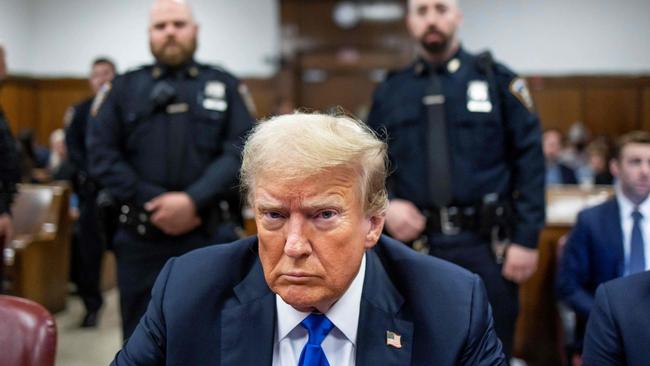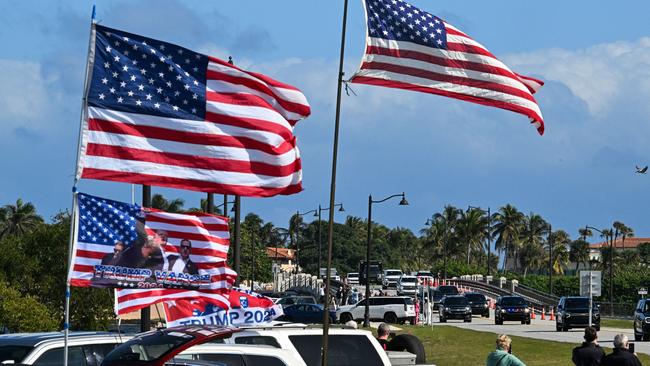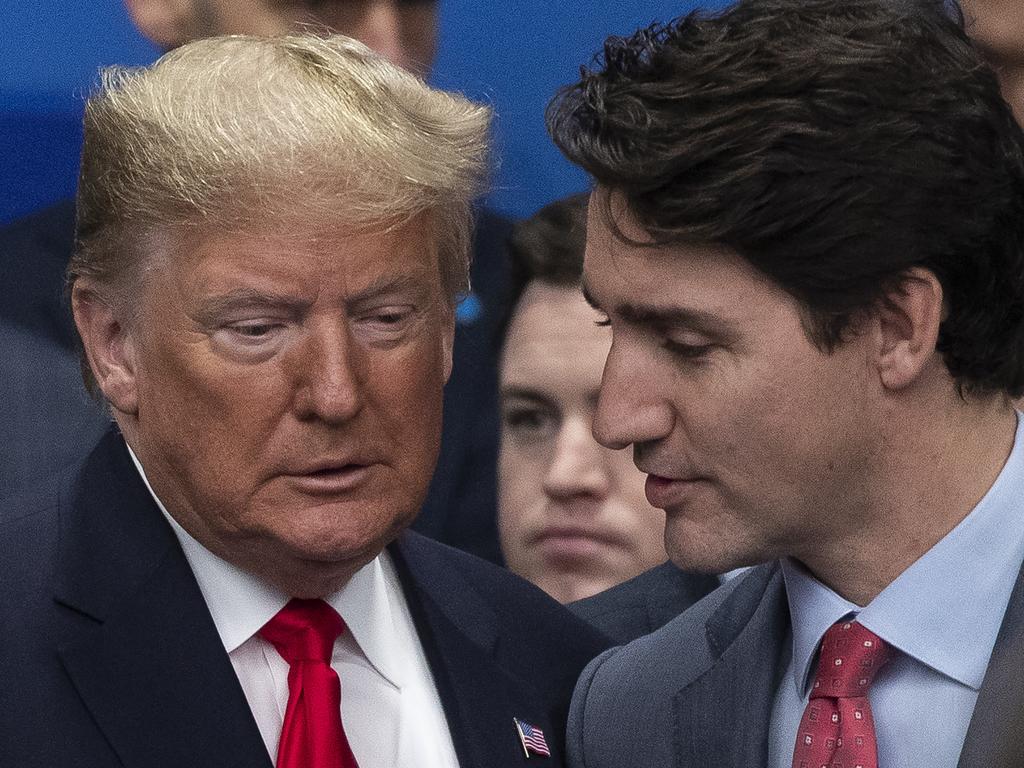Donald Trump asks Supreme Court to block hush-money sentencing
Donald Trump has filed a last-ditch request to block his coming New York sentencing for covering up hush money paid to an adult-film star, days before his inauguration.

President-elect Donald Trump filed a last-ditch request asking the Supreme Court to block his coming New York sentencing for covering up hush money paid to an adult-film star.
A state jury convicted Trump last year of 34 felonies for falsifying business records. After months of post-trial manoeuvring by Trump’s lawyers, the presiding New York judge last week said he would sentence Trump this Friday, days before the coming inauguration.
Justice Juan Merchan made clear, however, that he wouldn’t sentence Trump to prison and that an unconditional discharge – or a sentence without any punishment – was “the most viable solution.”
Those assurances did nothing to satisfy Trump’s team, which argues that the former president is entitled to immunity that precludes the sentencing. His lawyers also said the sentencing interferes with presidential transition activities “that are integral and preparatory to his imminent assumption of the Executive power of the United States.” They asked the court for an immediate stay of all New York proceedings “to prevent grave injustice and harm to the institution of the Presidency and the operations of the federal government.” The Supreme Court asked the Manhattan district attorney’s office to respond by 10am. Thursday. In state court proceedings this week, Manhattan prosecutors argued that a president-elect doesn’t enjoy the same protections as a sitting president and said that Trump’s offences involved his actions as a private citizen. They also said there was an important public interest in wrapping up the case.

Trump’s request comes after a New York appeals judge declined to put the sentencing on hold. It also leaves the Supreme Court with little time to consider the matter – during a period when it already is facing another time-sensitive case.
The justices on Friday are considering the constitutionality of a federal ban on TikTok, which is slated to go into effect on Jan. 19.
The high court gave Trump a significant victory last year in another of his criminal cases, ruling in July that former presidents enjoy broad immunity for official acts they took while in the White House. That case derailed special counsel Jack Smith’s prosecution of Trump on allegations that he illegally interfered in the 2020 election. Smith dropped the case, and another prosecution alleging that Trump mishandled classified information, after Trump won re-election.
In the New York case, Merchan ruled that the Supreme Court’s immunity decision didn’t benefit Trump because his conviction largely involved conduct that took place before the Republican began his first term in the White House.
Prosecutors alleged that Trump conspired with a tabloid publisher and his former personal lawyer, Michael Cohen, to influence the 2016 election by burying negative stories that could hurt his candidacy, including claims by adult-film star Stormy Daniels, who alleged she and Trump had an affair, a claim he denies.
A jury of five women and seven men found the former president guilty of all the counts he faced.
Trump denied wrongdoing and said the case was a political hit job. During trial proceedings in April and May, Trump campaigned for the presidency from the courthouse, railing against the prosecution and using the moment in political fundraising efforts. His campaign sent a new fundraising email to supporters this week, asking them to stand with Trump ahead of the sentencing.
In their filing with the Supreme Court, Trump’s lawyers expressed concern that the president-elect could face collateral consequences even if Merchan imposes no punishment. They also said the “public stigma” created by the proceedings could compromise Trump’s leadership role.
If Trump secures a postponement until after he completes his second term, it might allow him to avoid being formally deemed a felon in the eyes of the law.
In New York state courts, a defendant becomes a felon when he is sentenced and a judgment is entered, lawyers said. “It puts the conviction officially on the books,” said Cheryl Bader, a Fordham School of Law professor.
Being a felon normally carries a host of consequences that can affect a person’s employment, housing and other benefits, Bader said. “But in Trump’s privileged situation, it may not have any consequences beyond his ability to own a gun, and to be noted as a convicted felon,” she said.
The lead lawyer on Trump’s Supreme Court submission is D. John Sauer, who won the immunity ruling last summer. Trump has said he plans to nominate Sauer to be U.S. solicitor general in his new administration.
Dow Jones




To join the conversation, please log in. Don't have an account? Register
Join the conversation, you are commenting as Logout